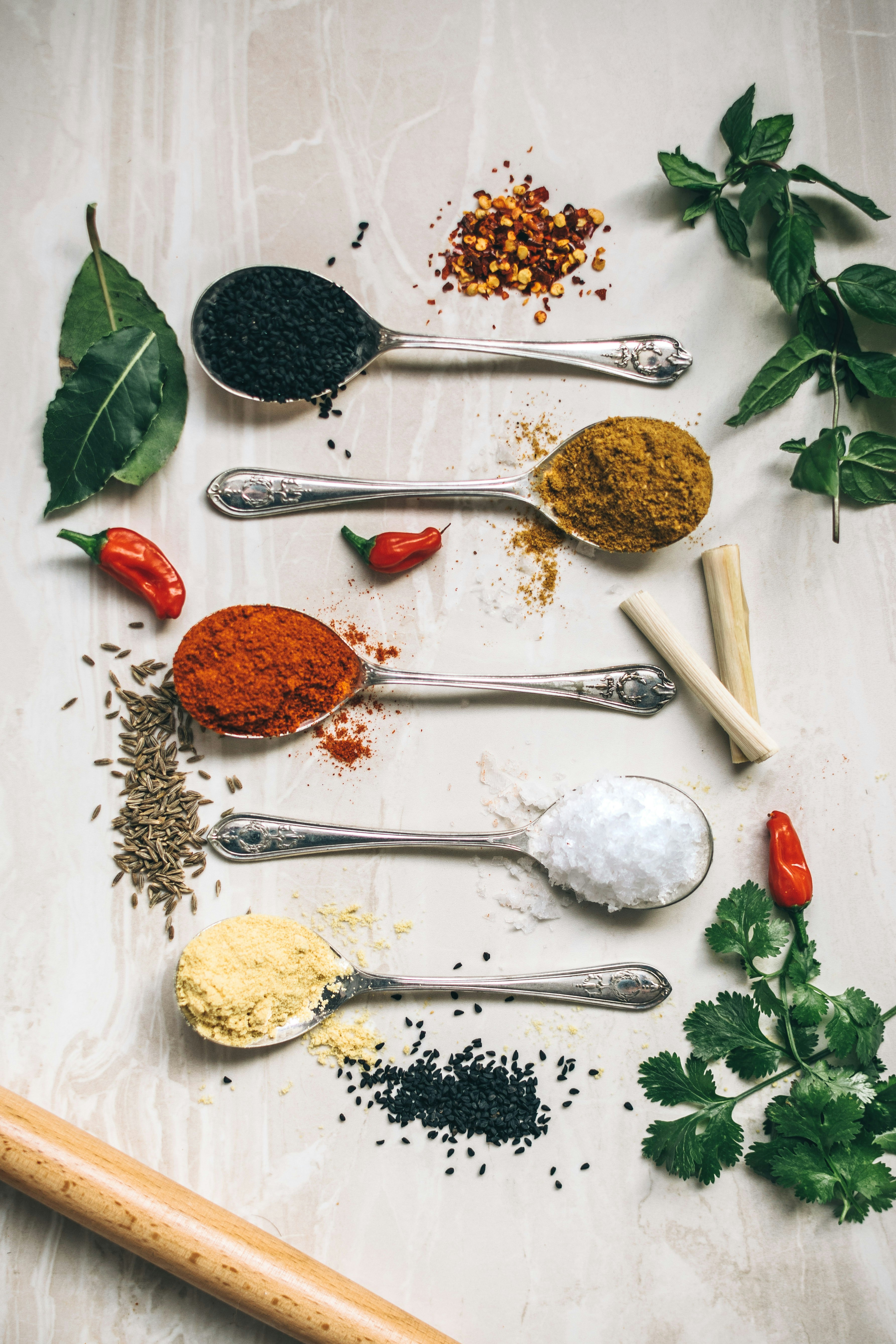Do you sometimes wonder why your gut feels like it’s waging a small war against you? If you’re experiencing consistent gut inflammation, oxalates might be a hidden culprit. But, don’t stress. This article is here to help you understand what oxalates are, how they might be affecting your digestive system, and most importantly, what you can do to reduce that troubling inflammation.
What Are Oxalates?
Oxalates are naturally occurring compounds found in many foods. They bind with minerals such as calcium and form crystals. Often, these crystals are harmless, but for some people, they can cause issues like kidney stones or, you guessed it, gut inflammation.
Common Sources of Oxalates
Here’s a list of high-oxalate foods that you might be consuming regularly:
- Spinach
- Beets
- Swiss chard
- Sweet potatoes
- Nuts and seeds
- Soy products
- Dark chocolate
While these foods have various health benefits, consuming them excessively can contribute to oxalate accumulation in your body.
How Do Oxalates Cause Gut Inflammation?
When oxalates bind with calcium and other minerals in your gut, they can form sharp crystals. These crystals might irritate the lining of your gut, leading to inflammation. This irritation can manifest as abdominal pain, bloating, or even more severe digestive issues over time.
Symptoms of Oxalate-Induced Gut Inflammation
Understanding the symptoms can be vital for identifying whether oxalates are your issue. Common signs include:
- Frequent bloating or gas
- Abdominal pain or cramping
- Irregular bowel movements
- Fatigue or malaise
If these symptoms sound all too familiar, it might be worth considering oxalates as a contributing factor.
Ways to Reduce Gut Inflammation Caused by Oxalates
Okay, now that we’ve covered what oxalates are and how they can cause you grief, let’s move on to the actionable steps you can take.
Step 1: Reduce High-Oxalate Foods
Reducing foods high in oxalates is the most direct way to reduce gut inflammation. Here’s a handy table of substitutions you can make:
| High-Oxalate Food | Low-Oxalate Substitute |
|---|---|
| Spinach | Kale |
| Beets | Cauliflower |
| Sweet Potatoes | Squash |
| Almonds | Pumpkin Seeds |
| Soy Products | Chickpeas |
By opting for these low-oxalate substitutes, you can still enjoy a varied and nutritious diet.
Step 2: Stay Hydrated
Staying well-hydrated helps to flush oxalates out of your system before they have the chance to form those pesky crystals. Aim for at least 8 glasses of water a day, and if possible, include herbal teas that are known for their anti-inflammatory properties, like chamomile or peppermint.
Step 3: Calcium and Magnesium Intake
Taking calcium and magnesium can help bind oxalates in your stomach, making them less likely to cause damage. However, it’s best to get these minerals from food sources rather than supplements, as excessive supplementation can lead to other health issues.
Here are some good sources of calcium and magnesium:
- Dairy products (calcium)
- Leafy green vegetables like kale (both calcium and magnesium)
- Nuts and seeds (magnesium)
Step 4: Introduce Probiotics
A healthy gut flora can help breakdown and manage oxalates more efficiently. Adding probiotics to your diet can be as simple as eating yogurt, kefir, or taking a high-quality supplement.
Step 5: Consult a Healthcare Professional
Never underestimate the power of professional advice. If you’re dealing with severe symptoms, it’s crucial to consult with a healthcare provider. They can offer personalized advice, run tests to confirm oxalate sensitivity, and recommend further treatment options.
Long-Term Management Strategies
Consistent Monitoring of Diet
Keeping a food diary can help you pinpoint which foods are causing issues and make adjustments as needed. Recording what you eat and how you feel can be invaluable for making long-term dietary changes.
Regular Medical Check-Ups
Periodic check-ups and tests can help monitor how well you’re managing your oxalate levels and gut inflammation. You might need adjustments in your diet or lifestyle, and ongoing professional advice can be essential.
Stress Management
Believe it or not, stress can exacerbate gut issues. Techniques like meditation, yoga, and deep breathing exercises can be beneficial. Taking time for self-care is not just about mental well-being; it’s also crucial for your physical health.

FAQ Section
Can I completely avoid oxalates?
It’s almost impossible to totally avoid oxalates because they are present in so many foods. The goal is more about managing and reducing your intake rather than eliminating them completely.
How long does it take to see improvements?
The time frame can vary depending on the severity of your symptoms and how well you stick to your new dietary and lifestyle changes. Some people see improvements within a few days, while for others, it might take a few weeks.
Is there any medical treatment for oxalate sensitivity?
There are medications and specialized diets that can help manage oxalate sensitivity. Always consult a healthcare professional for tailored advice.

Your Next Steps
Now that you know the ins and outs of how oxalates can cause gut inflammation and what you can do about it, it’s time to take action. Start by making those small, manageable changes to your diet and lifestyle. Keep an eye on how your body responds, and don’t hesitate to seek professional help if you need it.
Gut health can be a complex topic, but understanding and managing oxalate intake can significantly reduce inflammation and improve your overall well-being. You’ve got this—better gut health is well within reach!




